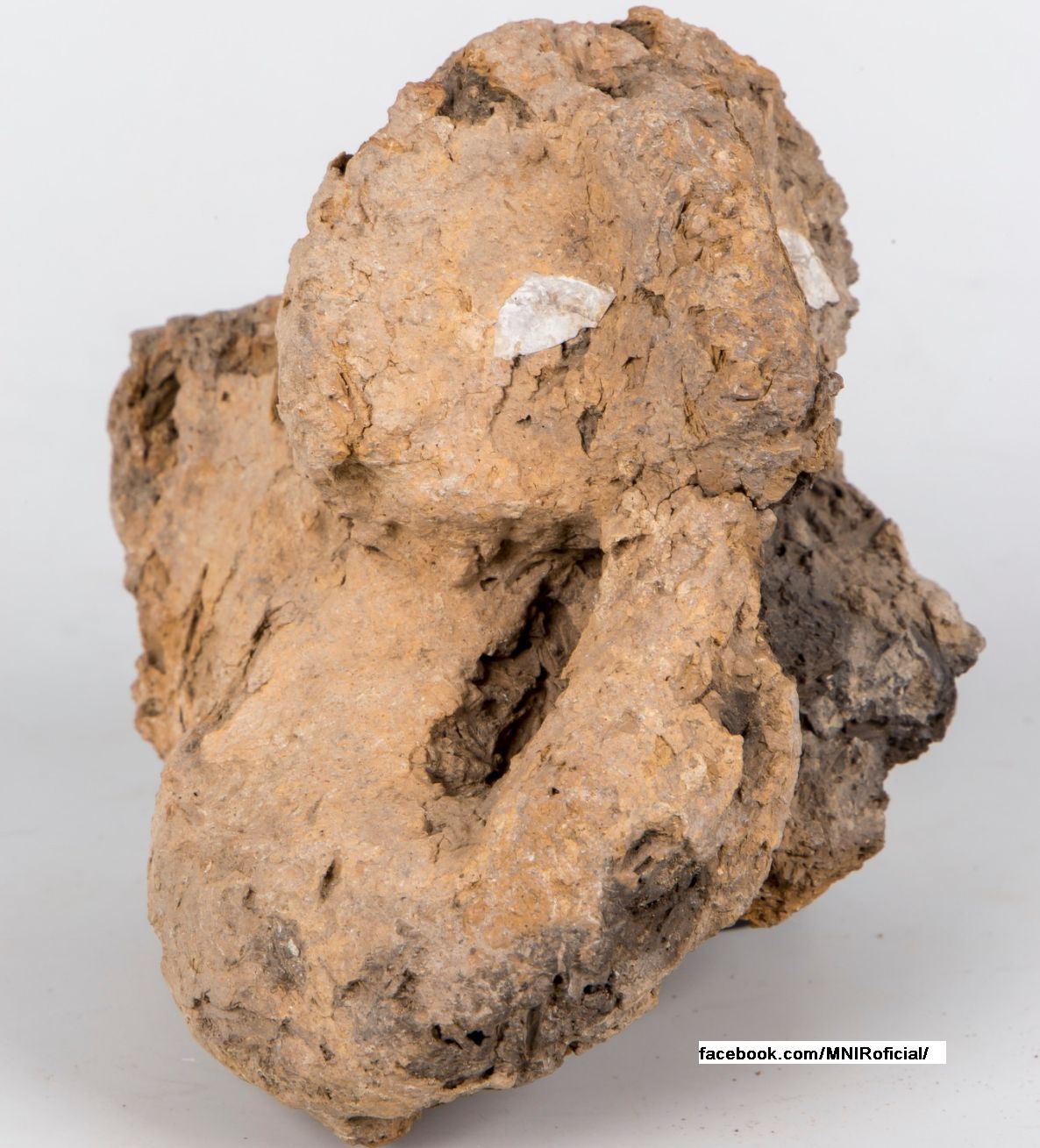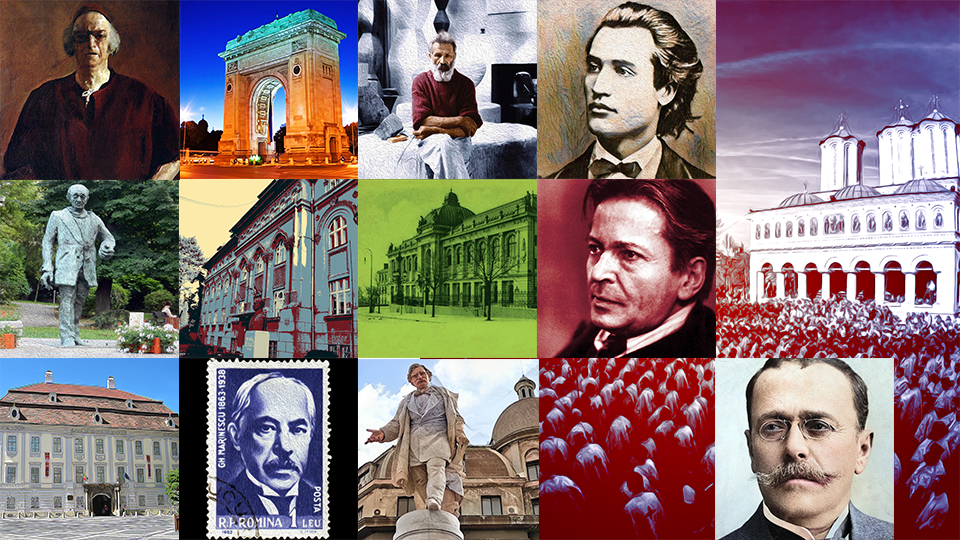Writer Dinu Pillat
Dinu Pillat grew up in an artistic environment.

Christine Leșcu, 02.12.2017, 14:23
Writer Dinu Pillat was born on November 19, 1912. He seemed destined for an outstanding literary and intellectual career, both on account of his natural gifts and his lineage. The son of the poet Ion Pillat and the painter Maria Brateş-Pillat, and related to the great Romanian politician Ion Bratianu, Dinu Pillat grew up in an artistic environment. An outgoing nature, his father kept an open house for all his literary friends, as Dinu would later remember in an interview on Radio Romania:
Dinu Pillat: “My father’s guests included his fellow writers, who would come in the afternoon almost every Sunday during my father’s last years of life. Sometimes someone would read poems and afterwards they would discuss them, in fact a pretext for digressions on the nature of poetry. The writers who would usually take part in these Sunday meetings included Vasile Voiculescu, my father’s best friend, Stefan Nenitescu, Ion Marin Sadoveanu, Tudor Vianu and Ionel Teodoreanu. I think my father couldn’t stand loneliness, he always felt the need to talk to someone, something he would also do with us, his family, looking for us in our rooms to share something with us or talk about nothing special.”
In the 1940s, Dinu Pillat was already the teaching assistant to the literary critic George Calinescu at the department of History of Romanian Literature at the University of Bucharest. Unfortunately, this state of affairs would not last long and after the installation of the communist regime in Romania, Dinu Pillat was expelled from the university, ending up as a cashier at a cooperative in Bucharest. He would stay in this job until 1956, when again George Calinescu put in a good word for him and he hired by the Romanian Academy’s Literary History and Folklore Institute. A couple of years earlier, Dinu Pillat has sent Calinescu the manuscript of a novel.
Philosopher and writer Gabriel Liiceanu tells us more about this novel called Waiting for the Afterlife: “The novel was born in the summer of 1948, at the Pillat family home in northern Moldavia and was written in three our four months. On October 2nd, 1948, Pilllat wrote to literary critic and professor George Calinescu to say he had finished the book. He was 27 years old at the time, but he had written two other novels before, one when he was 20, and another one, at the age of 25. This time, he was visibly troubled by what he had written. Shortly afterwards, the book entered a period of hibernation and successive improvements, before being considered finished by its author in 1955. The book was about the birth of the Legionnaire movement in Romania and there was no question of it being published during the early years of the communist regime. This was not a historical book, but an investigation into how some from the younger generation of the inter-war years, of which Dinu Pillat belonged, could possibly invest their ideals so badly at that particular moment in history. The main question was how was it possible for part of the country’s younger generation to choose that particular path of history? Having finished the novel, and being unable to get it published, Dinu Pillat began giving it to his friends to read it, about ten people in total.”
These ten people would constitute the Noica-Pillat group of intellectuals who were then arrested and put in prison by the communist regime for reading and writing subversive books, including Waiting for the Afterlife. Apart from Dinu Pillat, the members of the group also included philosopher Constantin Noica, the writer Pastorel Teodoreanu, the theatre director Marieta Sadova and Nicu Steinhardt, who later became a monk.
Gabriel Liiceanu tells us more: “In 1959, at a time when the then leader of the country Gheorghe Gheorghiu Dej had a tight grip on Romania after the withdrawal of the Soviet troops, a period of retaliations began against intellectuals who were in fact doing what they were supposed to do, writing, meeting and talking about books. These people who simply met to discuss books became the target of brutal repression.”
Released from prison in 1964, Dinu Pillat would only live for another 11 years. His health had deteriorated after the torture and inhuman conditions he had been subjected to in prison. The manuscript of his book Waiting for the Afterlife was confiscated during the inquiry and included in his file as additional evidence for his subversive behaviour. In 1959, the manuscript disappeared and was only recovered in 2010 in the archives of the National Council for the Study of the Securitate Archives. In 2010, Waiting for the Afterlife was published for the first time, 62 years after it was written.





























